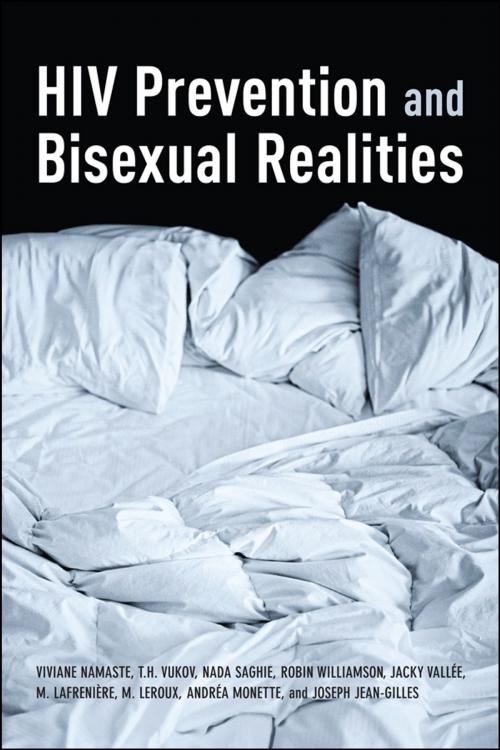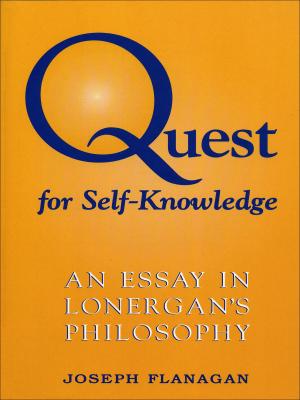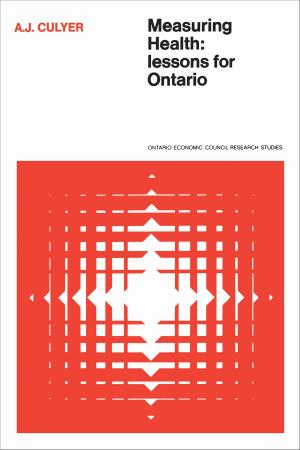HIV Prevention and Bisexual Realities
Nonfiction, Health & Well Being, Health, Ailments & Diseases, AIDs & HIV, Social & Cultural Studies, Social Science, Gender Studies, Sociology| Author: | Viviane Namaste, Tamara Vukov, Nada Saghie, Robin Williamson, Jacky Vallee, Andre Monette, Joseph Jean Gilles, Mareva Lafreniére, Marie-Josée Leroux | ISBN: | 9781442662223 |
| Publisher: | University of Toronto Press, Scholarly Publishing Division | Publication: | October 22, 2012 |
| Imprint: | Language: | English |
| Author: | Viviane Namaste, Tamara Vukov, Nada Saghie, Robin Williamson, Jacky Vallee, Andre Monette, Joseph Jean Gilles, Mareva Lafreniére, Marie-Josée Leroux |
| ISBN: | 9781442662223 |
| Publisher: | University of Toronto Press, Scholarly Publishing Division |
| Publication: | October 22, 2012 |
| Imprint: | |
| Language: | English |
Why is there so little HIV education at present directed towards bisexual men and women? This book offers a critical analysis of the issues in public health research and education that prevent adequate attention from being paid to bisexual realities. Addressing the implications of such limited knowledge, the authors raise important questions about the weaknesses of our current response to the HIV/AIDS pandemic.
Through interviews with a variety of bisexual men and women, HIV Prevention and Bisexual Realities uncovers innovative, important directions to consider for more effective HIV prevention strategies. The authors’ epistemological and methodological assessments of the current state of HIV/AIDS education will be indispensable for community health educators, policy makers, and those who study or work in public health.
Why is there so little HIV education at present directed towards bisexual men and women? This book offers a critical analysis of the issues in public health research and education that prevent adequate attention from being paid to bisexual realities. Addressing the implications of such limited knowledge, the authors raise important questions about the weaknesses of our current response to the HIV/AIDS pandemic.
Through interviews with a variety of bisexual men and women, HIV Prevention and Bisexual Realities uncovers innovative, important directions to consider for more effective HIV prevention strategies. The authors’ epistemological and methodological assessments of the current state of HIV/AIDS education will be indispensable for community health educators, policy makers, and those who study or work in public health.















